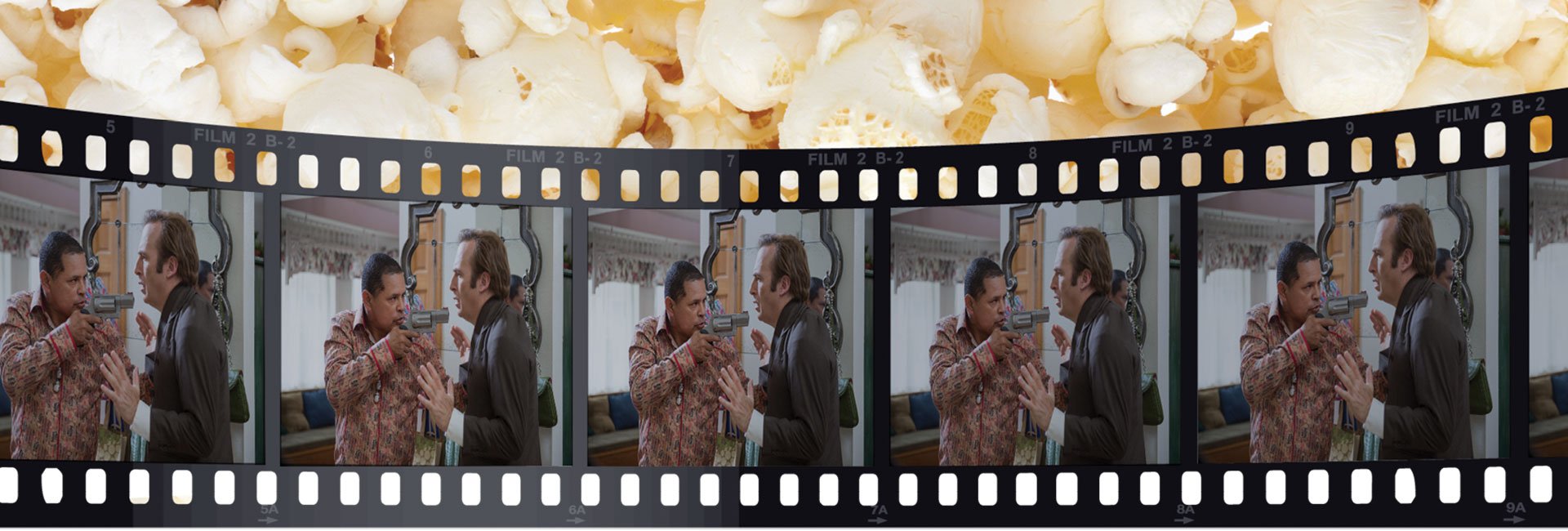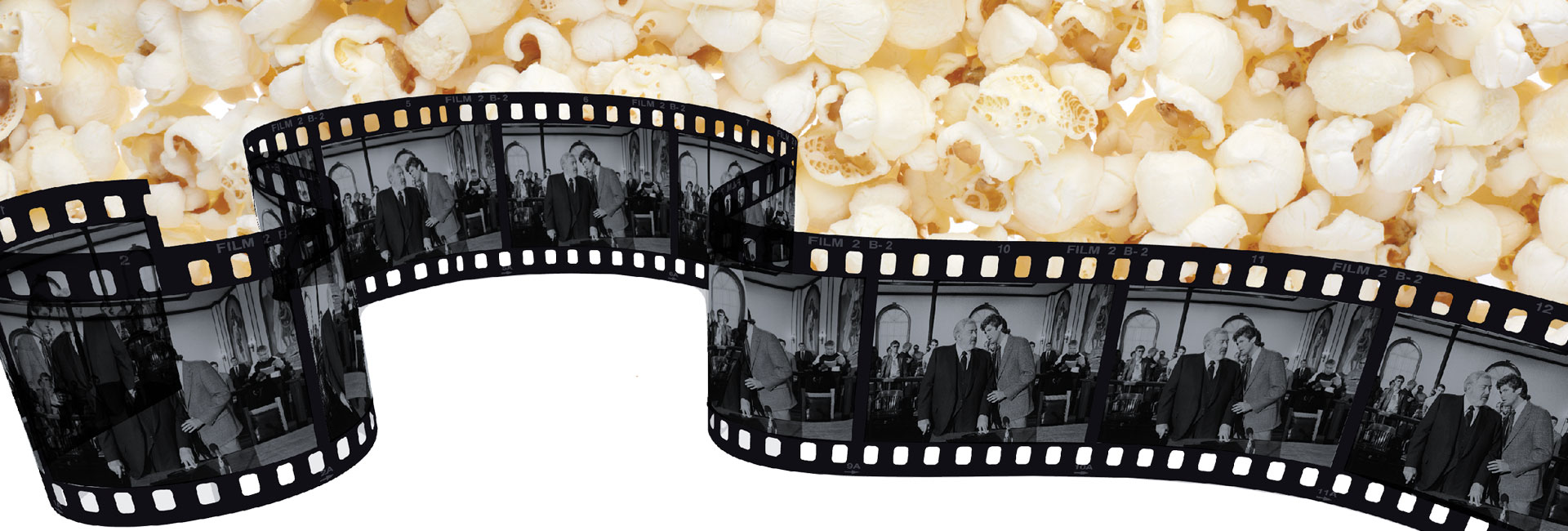The finale to hit TV law show ‘Better Call Saul’ after its 14 year run of less-than-ideal lawyering has also raised the question of seeing the finale of the ‘Sleaze Lawyer’, leading to the ABA Law Journal placing the show on the magazine’s cover.
But the magazine also discussed the trend they saw as somewhat disturbing, namely the celebration of characters like Saul Goodman. in ‘Better Call Saul’, as the archetypal ‘bad lawyer’, reinforcing the too popular belief that lawyers are distrustful and bad people.
The ABA’s own survey of best loved lawyers who are not Atticus Finch. The Journal had picked the “25 Greatest Fictional Lawyers (Who Are Not Atticus Finch)” in 2010, which included the shady fixer Michael Clayton (Michael Clayton), Patty Hewes (Damages) and ethically challenged attorney Alan Shore (The Practice, Boston Legal).
But there are a variety of other films that have become staples in the ‘confronted lawyer’ scene, such as Presumed Innocent (1990), Legally Blonde (2001) and The Lincoln Lawyer (2011) while a bunch of TV shows like LA Law, Boston Legal and Better Call Saul continue to pump up the ratings.
What highly entertaining lawyers with their caricatures of real life do though is potentially continue the downward slide of the popular view of lawyers as decent human beings.
In a widely cited 2013 Pew Research study weighing public perceptions of the perceived contributions of 10 different industries, including the military, teaching and medicine, lawyers came in dead last.

It wasn’t always that way, the ABA Journal notes, with such straight-shooting paragons in movies including Gregory Peck’s portrayal of Atticus Finch in To Kill a Mockingbird (1962) and Raymond Burr’s performance as the titular character in the Perry Mason TV series (1957-1966).
“Both characters were heroic straight arrows revered for their greatness. Films such as Inherit the Wind (1960), 12 Angry Men (1957) and Judgment at Nuremberg (1961), and TV shows such as The Defenders (1961-1965) and Owen Marshall, Counselor at Law (1971-1974) reinforced the notion that lawyers, judges and jurors all operated in good faith.”
“Up until the 1970s, about two-thirds of movies presented lawyers positively—Atticus Finch is the most famous. In many, many movies, lawyers were the good guys—competent, dedicated professionals,” Michael Asimow, dean’s executive professor of law at Santa Clara University School of Law and co-author of Law and Popular Culture: A Course Book.
It Began With Watergate
He argues that things started to change with the Watergate scandal, which ensnared many lawyers, including the president. And then the U.S. Supreme Court, in Bates v. State Bar of Arizona (1977), struck down bans on lawyer advertising, opening the floodgates for those commercials you see on television about getting money for you.
“There was a change in the way lawyers were shown in the movies, and this change matches up with polling data about lawyers,” says Asimow, who co-authored the 2021 book Real to Reel: Truth and Trickery in Courtroom Movies with Paul Bergman.
Asimow and others point to the 1982 film The Verdict as a turning point in how lawyers were portrayed on screen.
The Paul Newman-starred movie, a LawFuel favorite, was based on an adapted screenplay by future Pulitzer Prize winner David Mamet. Newman played Frank Galvin, a burned-out alcoholic who only takes on a medical malpractice case in hopes of pocketing one-third of the likely settlement and drinking it all away. But after visiting the victim, he decides to try to win the case and finds himself up against an unethical defense team willing to win at any cost and a judge who seems to be biased against him.
“Law is based on conflict. People usually go to lawyers because they have a problem or conflict with someone else that needs to be addressed,” says Marshall Goldberg, former counsel for the U.S. Senate Judiciary Subcommittee on Constitutional Rights, who went to Hollywood and wrote for shows such as Diff’rent Strokes, L.A. Law and Life Goes On. “Conflict is natural for good drama. As such, the nature of the legal profession lends itself to drama.”
“My perspective on legal shows, in general, is that authenticity is not really valued within the entertainment industry. It’s about ratings—what’s commercial and what’s dramatic,” Goldberg told ABA Journal, saying that Bochco would tell writers to focus more on the story and less on realism. “You have to get into a completely different mindset. Make it seem just authentic enough so viewers think ‘I’m entering into a fascinating world.’”
“I think the moral and ethical failings that are common to lawyers are common to all human beings,” says Turow, whose 1987 novel, Presumed Innocent, was made into a 1990 Hollywood blockbuster starring Harrison Ford.
“The difference, of course, is that as lawyers, you have enormous power to do bad things. Good things as well. But the law degree and the machinery of the law often magnifies significantly the moral failings that are broadly shared: lust for power, money, the narcissism that drives the hunger to win.”
But the portrayal of popular lawyers as dodgy, corner-cutters and sleazy money merchants appears to resonate with a public who may be unused to the finer workings of the legal world, but happy to see the perpetuation of the worst traits of the colorful, if ethically repugnant lawyer.
